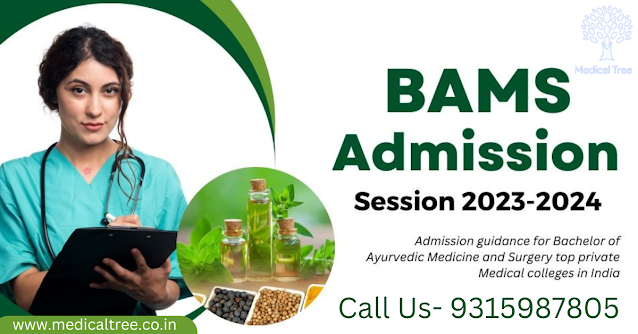15 Things you need to know before studying MBBS/MD
Studying MBBS/MD (Bachelor of Medicine and Bachelor of Surgery / Doctor of Medicine) is a significant commitment and a crucial step towards becoming a medical professional. Here are 15 important things you should know before embarking on this journey:
Duration and Intensity: MBBS/MD programs are typically long and intensive, spanning five to six years. Be prepared for an extensive curriculum and rigorous study schedules.
Academic Prerequisites: Check the specific entry requirements of the medical schools you wish to apply to. Most programs require a strong background in science subjects like biology, chemistry, and physics.
Entrance Exams: Many countries and institutions have specific entrance exams for medical programs. Prepare well for these exams as they can be highly competitive.
Financial Commitment: Medical education can be costly, so consider the expenses involved, including tuition fees, living costs, and other related expenses.
Medical Specializations: MBBS/MD is a general medical degree. After completing it, you'll have the option to specialize in various fields like surgery, pediatrics, gynecology, etc. Research and explore different specializations to find your area of interest.
Patient Interaction: Medicine involves working closely with patients, often during their most vulnerable moments. Be prepared to develop excellent communication and empathy skills.
Medical Ethics: Medical professionals must uphold high ethical standards. Understanding medical ethics is essential in making difficult decisions while respecting patients' rights and privacy.
Long Study Hours and Workload: Medical school demands a lot of dedication and hard work. Be prepared for long study hours, practical training, and a demanding workload.
Clinical Rotations: Practical experience through clinical rotations is a significant part of medical education. You'll work in various medical departments, gaining hands-on experience with patients.
Continuous Learning: Medicine is constantly evolving. After graduation, you'll need to stay updated with the latest medical advancements and research to provide the best patient care.
Time Management: Effective time management is crucial to balance academics, clinical rotations, and personal life.
Emotional Challenges: Dealing with patients and their conditions can be emotionally challenging. Develop coping mechanisms to handle the emotional demands of the profession.
Professional Licensing: Graduating from medical school is just the first step. You'll need to obtain a medical license by passing licensing exams to practice as a doctor.
Career Opportunities: A medical degree opens up various career opportunities, not limited to clinical practice. You can explore research, teaching, public health, healthcare administration, and more.
Work-Life Balance: Medical professions can be demanding, and achieving work-life balance can be challenging. Prioritize self-care and find ways to maintain a healthy lifestyle.
Before pursuing MBBS/MD, take the time to thoroughly research different medical schools, talk to current medical students and professionals, and evaluate your passion and dedication for a career in medicine. It's a rewarding field, but it requires dedication, compassion, and a lifelong commitment to learning and serving others.
.jpg)



Comments
Post a Comment